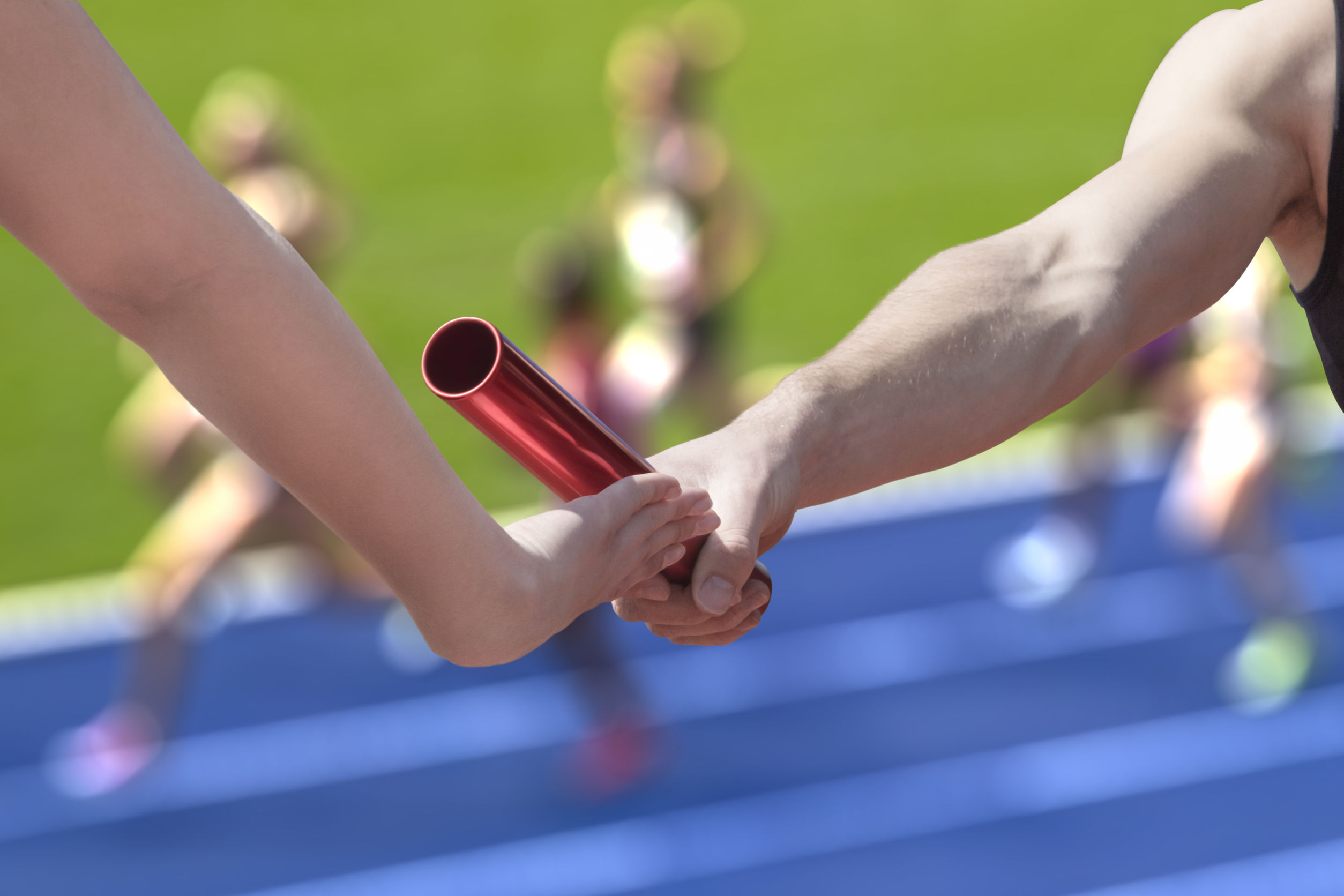
Survey finds notable increase in National Sports Associations with established anti-sexual harassment policy
Whether for professionals or amateurs, sports can be an exhilarating and rewarding experience, but the frequent physcial contact and asymmetrical coach-athelete relationships also make it a potential hotbed of sexual harassment (SH). Over the past few years, the EOC has partnered with the Sports Federation and Olympic Committee of Hong Kong, China (SF&OC) to organise anti-SH training workshops and seminars for National Sports Associations (NSAs), who are responsible for promoting sports in Hong Kong and selecting atheletes to represent our city in international competitions. A guide has also been developed for sports organisations to formulate anti-SH policies. To track progress and identify ongoing challenges, the EOC conducted a survey of NSAs regarding their adoption of anti-SH policies from July to October 2018, following a similar study in 2014. Questionnaries were distributed via SF&OC to the 79 NSAs in Hong Kong, out of which 42 were returned.
There are encouraging signs: the number of NSAs with an anti-SH policy increased from seven in 2014 to 22 in 2018, and an additional 17 NSAs are expecting to have a policy in place by the fourth quarter of 2019. More NSAs took active steps to inform members and affiliated clubs of the policy as well, with 12 of them posting it on their websites (none uploaded the policy in 2014) and 10 sending out an email notification (vs. 3 in 2014). Our findings also indicate a wider adoption of preventive measures among NSAs, such as providing anti-SH training for coaches and requiring them to sign an acknowledgment form after reading the anti-SH policy or a related Code of Ethics.
However, the fact remains that 37 NSAs did not participate in the survey, which may be attributed to the absence of an anti-SH policy within the organisation. Even among those who had responded and established a policy, some failed to include important elements like contact information of the complaint-handling staff and an assurance that complainants would not be penalised for coming forward in good faith. The EOC therefore recommends that the SF&OC further their efforts, for instance by preparing for NSAs an abridged Chinese version of the step-by-step toolkit developed by the International Olympic Committee on how to prevent harassment and abuse in sports. The Leisure and Cultural Services Department (LCSD), who subvents over 90% of NSAs, should also consider the following factors as part of its funding principles: (1) formulation of an anti-SH policy; (2) establishment of a transparent complaint-handling system; (3) uploading of the policy onto the website; and (4) reporting of SH cases to the LCSD. In addition, adequate resources should be allocated for NSAs and sports clubs with limited funds and manpower to arrange training for staff and implement other safeguarding measures.
Moving forward, the EOC will continue to support the sports sector through anti-SH training, as it strives to foster a safe environment for athletes, coaches and sports lovers alike to focus on their interests and development.

